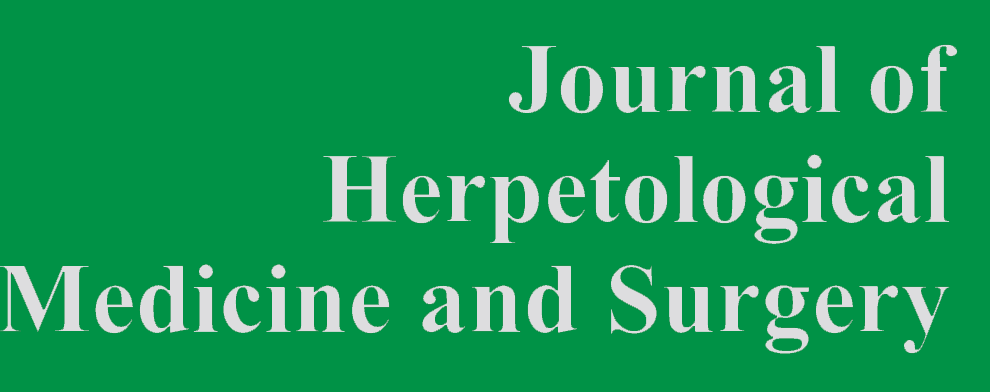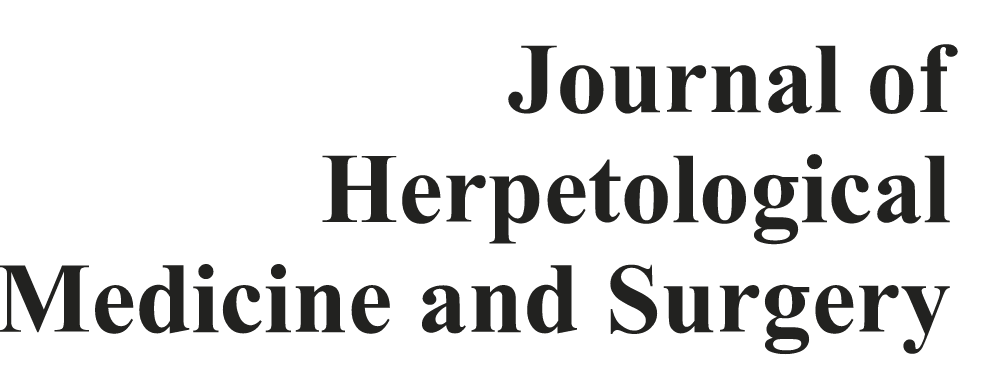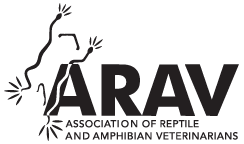Hematologic and Plasma Biochemical Values of Free-Ranging Western Pond Turtles (Emys marmorata) with Comparison to a Captive Population
The western pond turtle (Emys marmorata), a species of concern in California, is a common wildlife patient in veterinary hospitals and wildlife rehabilitation centers within its geographic range. The objectives of this study were to obtain hematologic and biochemistry values for free-ranging western pond turtles and to compare those values to a captive population. Two populations, free-ranging (n = 20) and captive (n = 10), were sampled using physical examination, complete blood count, plasma biochemistries, and Salmonella spp. culture from cloacal swabs. Heterophil (P = 0.0001), azurophil (P = 0.0001), eosinophil (P = 0.0039), monocyte (P = 0.0001), albumin (P = 0.0001), aspartate aminotransferase (P = 0.003), calcium (P = 0.001), glutamate dehydrogenase (P = 0.0006), globulin (P = 0.0082), sodium (P = 0.0014), total protein (P = 0.0001), and uric acid (P = 0.0094) concentrations were significantly different between the two populations. Creatine kinase (P = 0.0012) and phosphorus (P = 0.0068) were also significantly different between males and females within the free-ranging population. Salmonella spp. cloacal cultures from all turtles were negative. The hematologic and biochemistry intervals reported for this free-ranging population may be used to assess disease for this species; however, differences between the two populations examined highlight how environmental and nutritional factors can induce changes in commonly evaluated hematological and biochemical values.Abstract



